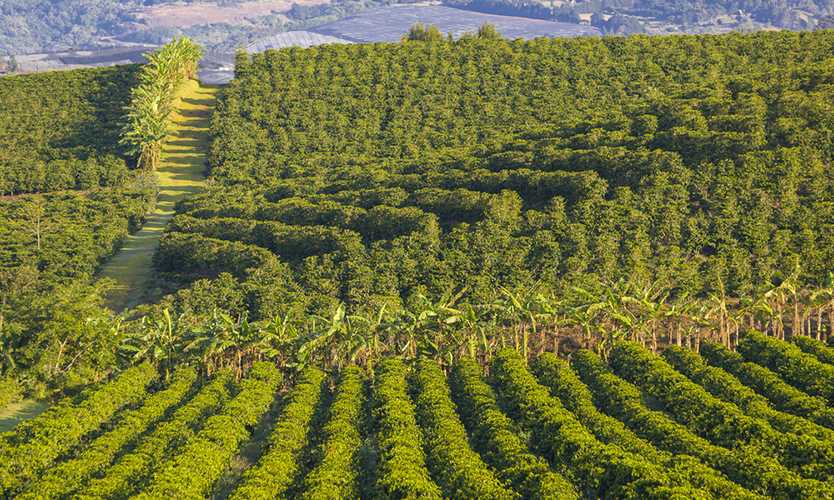
The world’s love affair with coffee may be in jeopardy, as a new study conducted by researchers from University College London and the Natural History Museum has revealed that the decline of pollinator insects poses a significant threat to coffee crops and other key agricultural products globally. The study, titled “Key Tropical Crops at Risk from Pollinator Loss due to Climate Change and Land Use,” recently published in the journal Science Advances, sheds light on the alarming consequences of climate change and land use modification on the vital role that pollinators play in sustaining our food supply.
Pollinators in Peril
In this groundbreaking study, scientists undertook the monumental task of cataloging 3,080 species of insect pollinators and collected data from 1,507 agricultural sites worldwide. The research aimed to understand how the interplay of climate change and land use practices affects these essential agents of pollination. Dr. Joe Millard, the lead author of the study, emphasized the direct connection between the decline of insects and the potential risks to the crops that rely on them for pollination.
Climate Change and Land Use: A Lethal Combo
The findings of the study unequivocally demonstrate that both agriculture and climate change have resulted in the decline of the diversity and abundance of pollinators worldwide. These effects are most pronounced in regions of sub-Saharan Africa, northern South America, and Southeast Asia, where localized risk is highest and expected to increase most rapidly. Unfortunately, it is precisely in these regions where many of the world’s most valuable crops, such as coffee, are grown.
Tropical Vulnerability
The study identifies tropical regions and the crops cultivated in these areas as being particularly vulnerable to the loss of pollinators. The consequences of such a loss extend far beyond the field, with millions of small-scale farmers in these regions facing heightened income insecurity due to decreased crop yields. The implications of this issue are not confined to the affected regions; they reverberate globally through the trade in pollination-dependent crops.
Preserving Pollinators: A Call to Action
The study underlines the critical importance of maintaining diverse and abundant populations of pollinators for global food security. To address the escalating crisis of pollinator losses, the authors recommend a two-fold approach: restoring and preserving natural habitats while simultaneously reducing greenhouse gas emissions. Dr. Tim Newbold, from the UCL Centre for Biodiversity and Environment Research, emphasizes that urgent action is needed on a global scale to mitigate climate change, curtail land use changes, and protect natural habitats to safeguard insect pollinators.
Conclusion
The findings of this study underscore the intricate web of connections that sustains our global food supply. The risk posed by the loss of pollinators, particularly in tropical regions, is a stark reminder of the urgency of addressing climate change and preserving natural habitats. The fate of coffee plants and countless other crops is intertwined with that of pollinators, and taking action now is paramount to ensure that essential foods continue to thrive in the years to come.
« * » indique les champs nécessaires